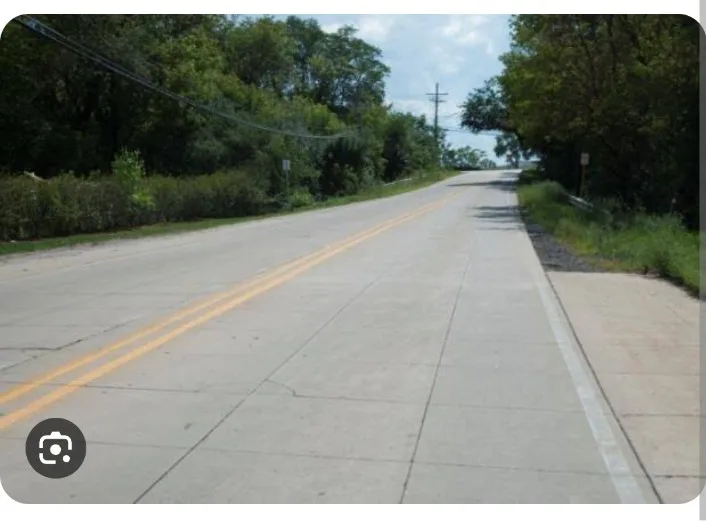In a pioneering move, the Ministry of Road Transport and Highways (MoRTH) is set to revolutionize highway construction by incorporating inorganic solid waste from urban areas. This initiative comes in response to the success of two pilot projects aimed at resolving the challenges of solid waste disposal and limited land availability for embankment construction.
According to an official memorandum, MoRTH, through the National Highways Authority of India (NHAI), has conducted two pilot projects focusing on the utilization of inert material, a significant component of municipal solid waste, in embankment construction.
The success of these pilot projects, notably in Delhi-NCR on the Urban Extension road and DND Sohna spur of Delhi-Mumbai Expressway, has led MoRTH to propose an alternative use of generated solid waste in highway road projects, aligning with solid waste management rules.
The memorandum highlights the environmental challenge posed by daily solid waste generation in urban areas, estimating that approximately 10,000 hectares of land is occupied by dump sites. With these landfill sites reaching their maximum capacity and posing environmental and health hazards, MoRTH aims to address these concerns through sustainable construction practices.
In the draft document, MoRTH emphasizes the need for sustainable highway construction that minimizes environmental impact and ecological disturbance in material procurement. The construction of embankments typically requires a significant amount of soil, often sourced from agricultural fields, leading to concerns about ecological balance.
The document underscores the importance of utilizing processed inorganic solid waste in highway and road construction, paving the way for an eco-friendly approach to infrastructure development. As the government pursues large-scale highway development projects across the country, this initiative marks a crucial step towards sustainable and environmentally conscious construction practices.







